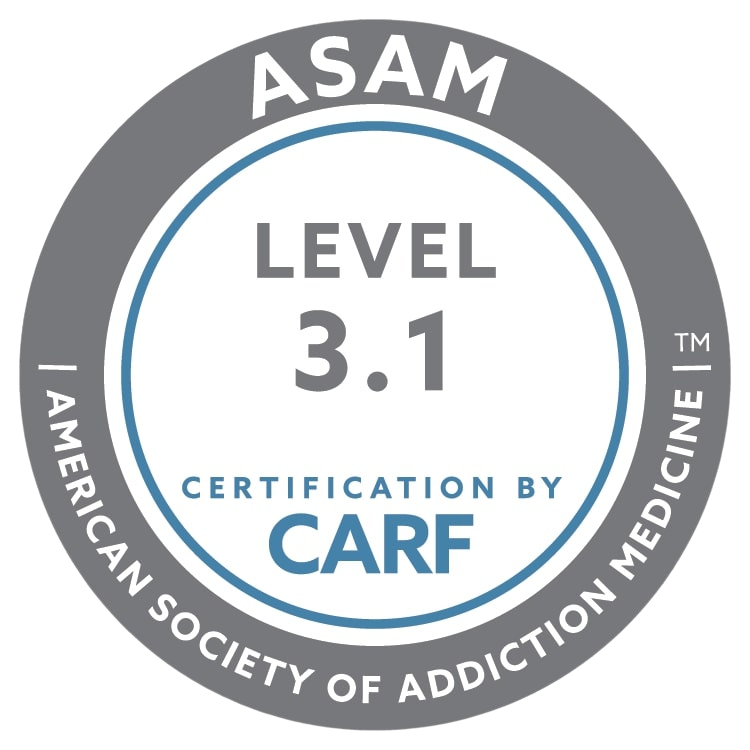Cannabis is one of the most widely used recreational substances globally, with an estimated 219 million users worldwide. Due to its widespread use and cultural acceptance, cannabis garners different perceptions in terms of addiction, especially compared to other substances, such as alcohol and opioids.
Many people believe that cannabis is not as addictive as other drugs. However, the surge in cannabis consumption post-legalization in various states prompts a critical examination of its addictive nature. Here, we examine the question: can you get addicted to cannabis?
Understanding Cannabis Addiction
Addiction, in terms of cannabis use, refers to a psychological and sometimes physical dependence on the substance. It entails compulsive and repetitive consumption despite negative consequences on health, relationships, or daily functioning.
Symptoms may include increased tolerance, withdrawal symptoms upon cessation, unsuccessful attempts to cut down or control use, and prioritizing use over other activities.
While not everyone who uses weed becomes addicted, susceptibility varies based on factors like genetics, frequency of use, and personal predispositions.
Cannabis Use Trends in the United States
Cannabis use in the United States affect a significant part of the population. In fact, nearly half of all Americans have tried marijuana, colloquially referred to as “weed,” at least once, with 16.9% still using the substance. This drug also seems popular in younger demographics; 24% of high school seniors have used the substance in the past year. However, there is also a growing trend of older adults turning to cannabis for medicinal purposes or recreational use.
There is a difference in usage between men and women, with men using more and in larger quantities. They also reported different symptoms compared to women, such as increased appetite and altered time perception. Since men are more prone to addiction, there is a greater likelihood that they can become addicted to the substance.
The emergence of dispensaries and regulated markets has influenced usage trends by providing legal access to cannabis products. These establishments often offer an array of products, educational resources, and quality control measures, shaping consumer preferences and habits.
The availability of such resources and the legal sanction of use in some areas have contributed to changing perceptions and increasing acceptance of cannabis, potentially affecting usage patterns across different demographics.
Despite the legalization of marijuana in many states around the country, Idaho remains an exception. The state’s steadfast position against legalizing marijuana provides a unique context for examining the effects of prohibition versus legalization.
Medical Cannabis vs. Recreational Use
The distinction between medical and recreational cannabis use lies primarily in the purpose and context of consumption. Medical cannabis alleviates symptoms of medical conditions, including chronic pain, epilepsy, anxiety, and chemotherapy-induced nausea. Its consumption is guided by medical professionals, with specific dosages and strains tailored to individual patient needs.
Conversely, recreational cannabis use is non-medical and primarily for enjoyment or relaxation purposes. Recreational users consume marijuana to experience euphoria, relaxation, or altered perception.
While both medical and recreational cannabis derive from the same plant, their usage falls under different regulations. Medical marijuana typically requires a prescription or medical card for legal access, while recreational cannabis may be subject to age restrictions and regulatory frameworks specific to each jurisdiction.
Medical cannabis has shown promise in treating a variety of medical conditions. Some of the conditions commonly treated with medical cannabis include chronic pain, neuropathic pain, multiple sclerosis (MS) spasticity, chemotherapy-induced nausea and vomiting, epilepsy, Crohn’s disease, inflammatory bowel disease (IBD), HIV/AIDS-related wasting syndrome, glaucoma, post-traumatic stress disorder (PTSD), insomnia, anxiety disorders, and Tourette syndrome.
Additionally, medical cannabis is being researched for its potential benefits in managing symptoms associated with Parkinson’s disease, Alzheimer’s disease, Huntington’s disease, fibromyalgia, and various types of cancer.
However, the effectiveness of medical cannabis varies from individual to individual, and more research is needed to fully understand its therapeutic potential for different conditions. Patients interested in using this substance should consult with healthcare professionals to determine if it’s appropriate for their specific medical needs.
Similar to other substances, there is a potential for misuse and addiction to this substance. If you or someone you know is struggling with cannabis addiction, seek professional treatment. Many insurance plans cover addiction treatment services, making it more accessible for individuals to get the help they need.
Is Cannabis Addictive?
Cannabis Use Disorder (CUD) refers to problematic cannabis use, leading to clinically significant impairment or distress. According to the Diagnostic and Statistical Manual of Mental Disorders (DSM-5), CUD encompasses a range of symptoms indicative of problematic cannabis use.
These symptoms include cravings, difficulty controlling its use, continued use despite negative consequences, tolerance (needing more of the drug to achieve the desired effects), withdrawal symptoms, spending excessive time obtaining or using the drug, and giving up important activities due to use. The severity of CUD can range from mild to severe, depending on the number of symptoms present.
According to data from the Substance Abuse and Mental Health Services Administration, an estimated 16 million residents in the United States aged 12 or older met the criteria for CUD in 2021. This represents a notable portion of the population, highlighting the significance of addressing cannabis addiction as a public health issue.
Implications of Legalization on Addiction Rates
The impact of legal cannabis access on addiction rates sparks ongoing debate and research. While legalization can increase availability and acceptance, its direct correlation with higher addiction rates remains uncertain.
Advocates suggest regulated markets with quality control and age restrictions may curb problematic use, fostering harm reduction strategies and public health initiatives. However, concerns linger regarding increased accessibility, particularly among vulnerable groups, potentially increasing addiction rates. Monitoring legalization’s effects on addiction rates is crucial for informed policy decisions and interventions.
Preventive measures and education are vital in addressing cannabis addiction risks. Educational campaigns provide accurate information on associated risks, targeting vulnerable groups like adolescents.
Promoting healthy coping mechanisms and positive peer influences aids informed decision-making and reduces problematic consumption patterns. Access to evidence-based treatment, such as dialectical behavioral therapy, and support services is crucial for individuals overcoming dependence and achieving recovery.
The Bottom Line
In conclusion, while cannabis is often perceived as less addictive, evidence shows that marijuana use affects a significant portion of the population. As legalization expands access, monitoring addiction rates is crucial for informed policy and public health actions. By focusing on education, prevention, and evidence-based treatment, we can address the risks of addiction and aid individuals in recovery.
If you or your loved one needs treatment for addiction, do not hesitate to reach out to us for more information. At Freedom Recovery, we ensure that you have access to everything you need for lasting sobriety.



